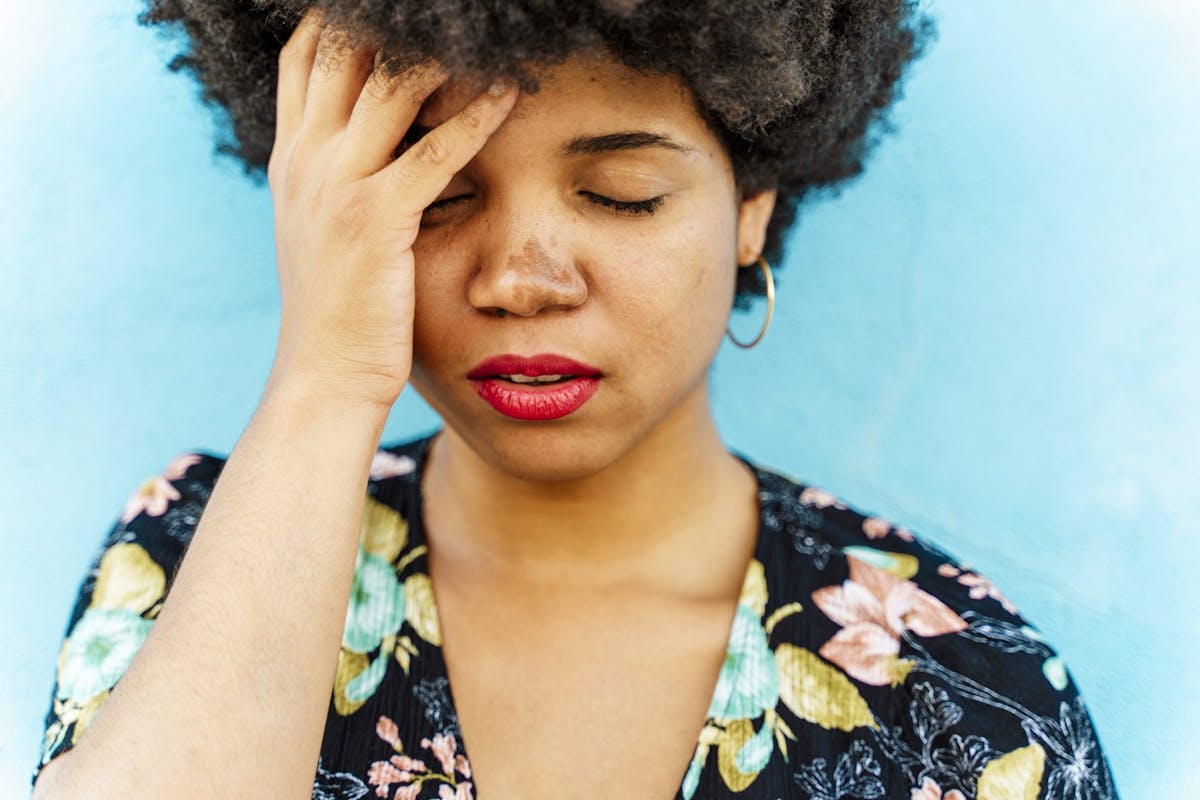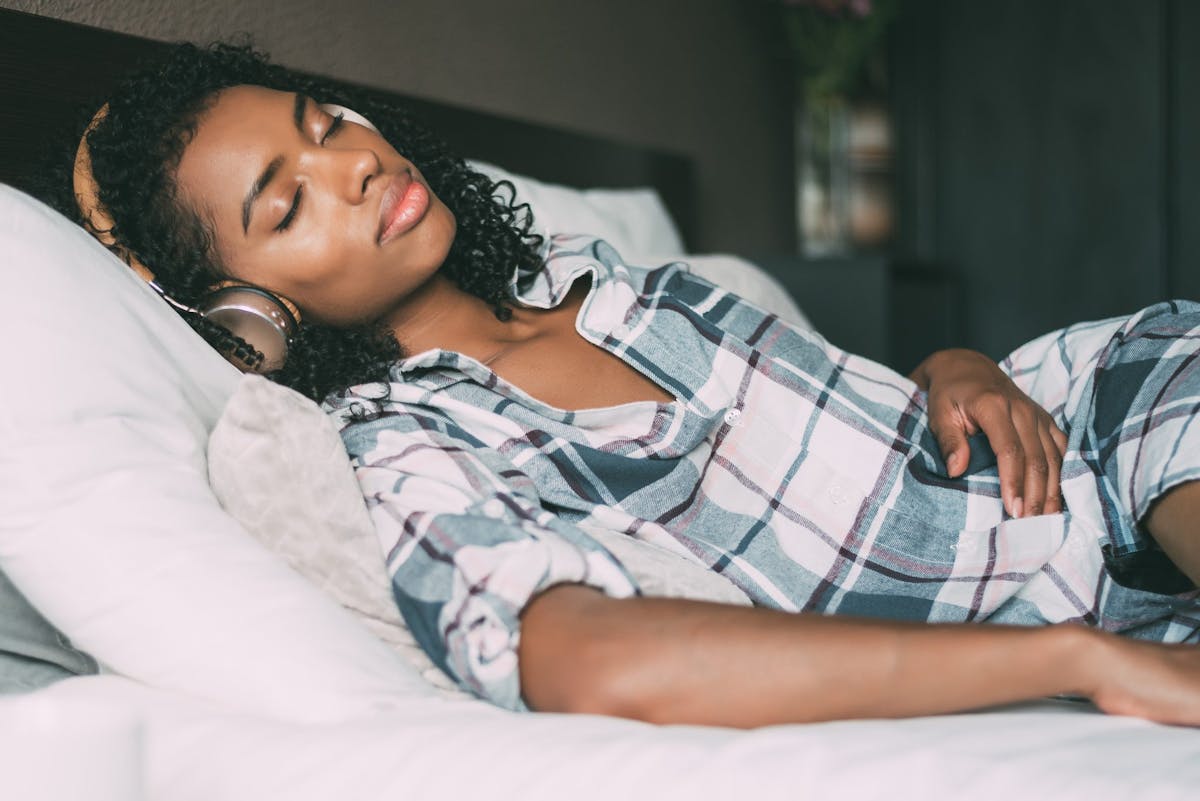From orlandohealth.com
Insomnia is a common condition, but women have more trouble sleeping than men.
It’s estimated that one in every four women get insomnia, compared with one in every five men. A combination of physical and mental factors account for the difference, from menopause to pregnancy to depression.
That’s why it’s especially important for women to practice good “sleep hygiene” to help ensure they get a good night of rest to prepare for the day ahead.
What Interferes with Women’s Sleep?
Multiple health factors in both men and women can lead to insomnia, including pulmonary and cardiac disorders, hypertension and chronic pain. Medications for those conditions may contribute to sleep disorders.
Sleep problems also are more common for both men and women as we age. But for older women, menopause makes insomnia even more likely. Hot flashes and night sweats can wake women up and then make it difficult to go back to sleep. These symptoms can last months or years.
For younger women, pregnancy is a major factor interfering with sleep, notably in the third trimester, when a woman’s abdomen increases in size and pressure on the bladder makes trips to the bathroom more frequent during the night. About 75% of pregnant women report sleep disturbances, which continue after a child’s birth because of night-time feedings or comforting a crying baby.
Women also are far more likely than men to get urinary tract infections, which can lead to sleeplessness.
Another reason for women’s sleep issues? Their male partners. Men are more likely to be habitual snorers, and the racket can make it tough for women to sleep.
Finally, depression and anxiety are two major contributors of chronic insomnia, and women are more likely to experience both of those disorders. One pre-pandemic survey found a significantly larger percentage of women than men experienced varying levels of anxiety.
Women also are twice as likely to experience depression during their lifetime than men. Cultural factors might partially contribute to that disparity — men find it harder to open up about anxiety or depression.
The Consequences of Insomnia
Acute insomnia can be brief — lasting a few days or weeks — and usually is linked to a stressful event in your life.
Chronic insomnia is more serious because it lasts longer. It can cause severe fatigue. Attention, concentration and memory may suffer. You may become less sociable, and your performance at school and work may suffer. You may lack energy and become irritable.
Fighting Back with Good Sleep Hygiene
Just like washing your hands and brushing your teeth are important to personal hygiene, good habits at night contribute to your sleep hygiene.
Here are some steps to increase the chances of uninterrupted sleep:
- Go to sleep and get up at the same time. Keeping a schedule is important.
- If you can’t get to sleep, get out of bed and try again later.
- Drink coffee, tea and other caffeinated drinks in the morning only.
- Avoid alcohol and smoking in the evening. (You really would be better off not smoking at all.)
- Keep your bedroom dark, cool, quiet and free of reminders of work or other things that might cause you stress.
- Get plenty of exercise but avoid strenuous workouts too close to bedtime.
- While in bed, avoid looking at phones, computer screens or ebooks that give off light.
You should consult with your doctor before trying over-the-counter medications to help you sleep.
Therapy also is an effective way to get to the root causes of what might be depriving you of sleep.
https://www.orlandohealth.com/content-hub/why-women-get-insomnia-and-how-to-get-better-sleep





